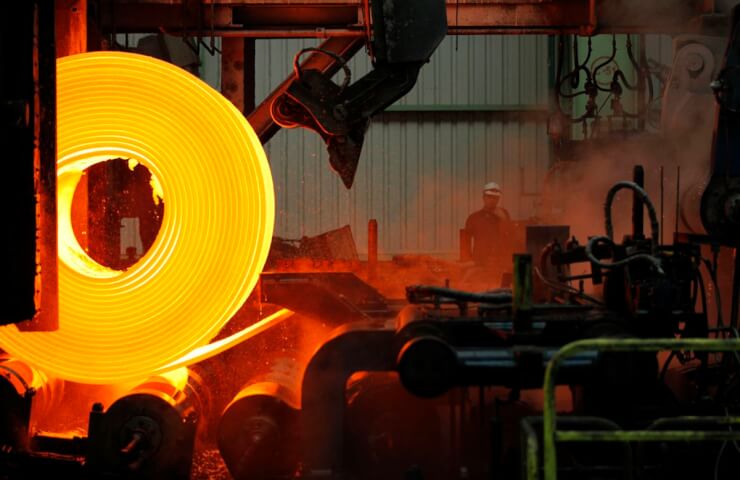The World Trade Organization (WTO) addressed part of Turkey's complaints about European Union measures aimed at restricting steel imports and on Friday advised the bloc to bring them into line with global trade rules.
In July 2018, the EU introduced "protective" measures in the form of tariff quotas. They allow various grades of steel to be imported into the block duty-free within certain quotas, but any further imports are subject to 25 percent duties.
The guarantees were supposed to last three years until the end of June 2021, with quota limits increasing by 5% each year, but Turkey complained that the annual increase was less than 5%. The measures have already been extended until 2024.
The European Commission, which oversees EU trade policy, said the verdict was generally satisfactory, as the most important issues were decided in its favor, and the WTO Commission confirmed that security measures can be used to protect domestic industry.
The Commission recognized the decision in favor of Turkey on three points, and stated that it would implement it after the official adoption of the document in the WTO.
The EU has said security measures are needed to prevent a flood of imports after 25% steel tariffs imposed by former US President Donald Trump effectively closed the US market to many countries around the world.
Under Joe Biden, the United States suspended tariffs for some exporting countries, including the 27 members of the European Union.
Turkey, which is a major exporter of steel to the EU, has complained that the EU measures violate the bloc's WTO commitments.
According to WTO rules, members are allowed to impose protective measures under certain conditions, including when imports have grown to such an extent that they harm domestic industry, but this must be the result of "unforeseen events."
p>



